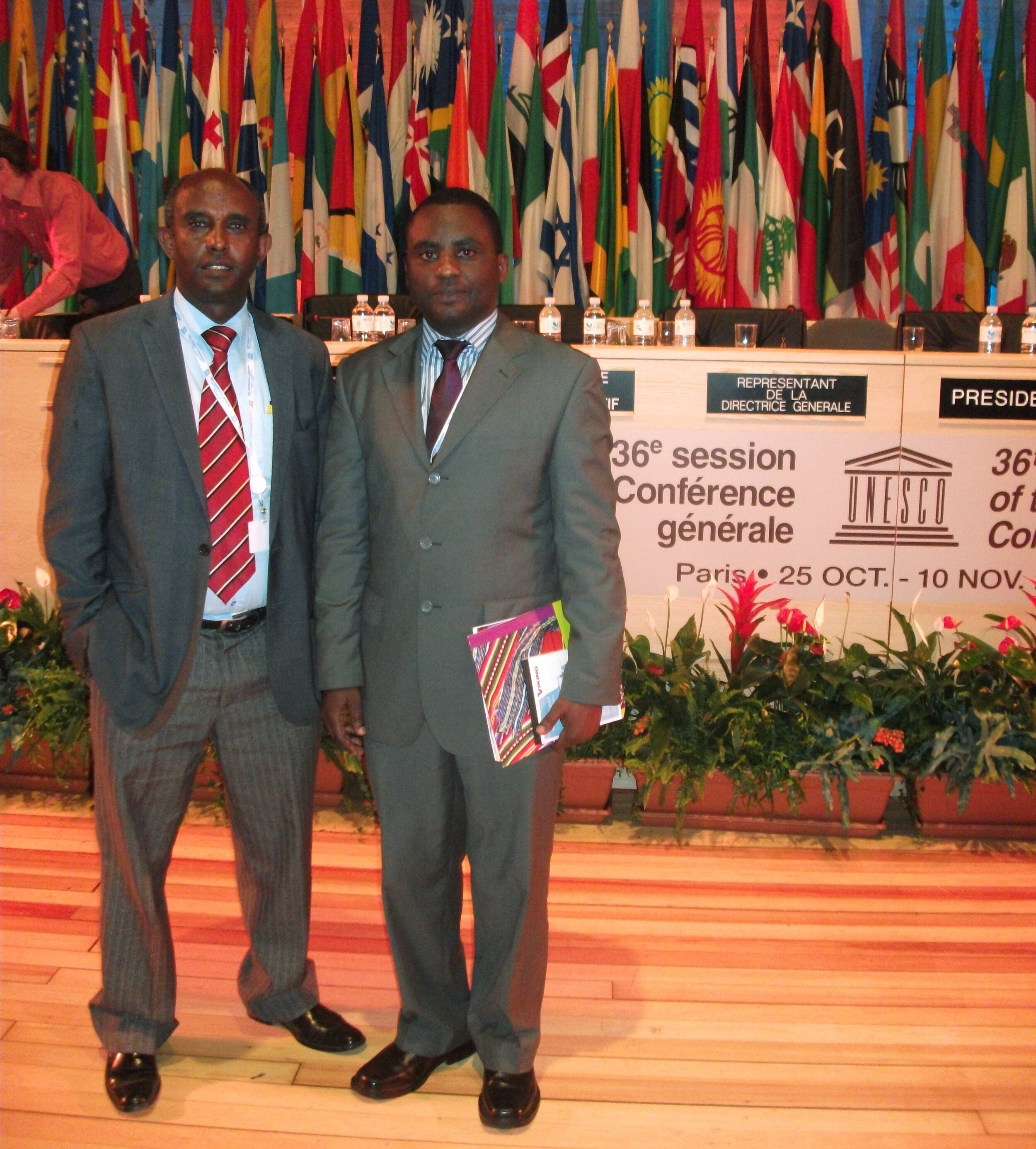Belarusian: a Language Once Again Finding its People
/If you meet a Belarusian on the street and ask them their primary language, the majority will most likely tell you it’s Russian. As a proud international student from Belarus, I always take a deep breath and prepare my conversation partners for a mini-history lesson about a very interesting dynamic of bilingual life in Belarus.
Belarus, as a land-locked country in Eastern Europe, has two national languages: Russian and Belarusian. Belarusian or “biełaruskaja mova” is an East Slavic language, which has many similarities to Ukrainian and Russian. Most Belarusians can read, speak, and write in Belarusian, but they do not choose it as the language of everyday life. But why? …
Read More








